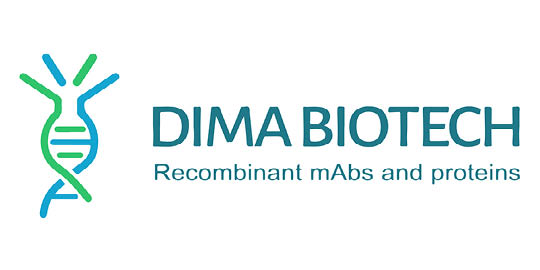Human CCR10-Strep full length protein-synthetic nanodisc
Human CCR10-Strep full length protein-synthetic nanodisc
SKU
DMAFLP120219-50
Packaging Unit
50 µg
Manufacturer
DIMA Biotechnology
Availability:
loading...
Price is loading...
Background: Chemokines are a group of small (approximately 8 to 14 kD), mostly basic, structurally related molecules that regulate cell trafficking of various types of leukocytes through interactions with a subset of 7-transmembrane, G protein-coupled receptors. Chemokines also play fundamental roles in the development, homeostasis, and function of the immune system, and they have effects on cells of the central nervous system as well as on endothelial cells involved in angiogenesis or angiostasis. Chemokines are divided into 2 major subfamilies, CXC and CC, based on the arrangement of the first 2 of the 4 conserved cysteine residues; the 2 cysteines are separated by a single amino acid in CXC chemokines and are adjacent in CC chemokines. CCR10 is the receptor for CCL27 (SCYA27; MIM 604833); CCR10-CCL27 interactions are involved in T cell-mediated skin inflammation.
Description: Human CCR10-Strep full length protein-synthetic nanodisc
Molecular Weight: The human full length CCR10-Strep protein has a MW of 38.4 kDa
Protein Families: Druggable Genome, GPCR, Transmembrane
Protein Pathways: Chemokine signaling pathway, Cytokine-cytokine receptor interaction
Storage & Shipping: Store at -20°C to -80°C for 12 months in lyophilized form. After reconstitution, if not intended for use within a month, aliquot and store at -80°C (Avoid repeated freezing and thawing). Lyophilized proteins are shipped at ambient temperature.
Tag: C-Flag&Strep Tag
Expression Host: HEK293
Formulation & Reconstitution: Lyophilized from nanodisc solubilization buffer (20 mM Tris-HCl, 150 mM NaCl, pH 8.0). Normally 5% – 8% trehalose is added as protectants before lyophilization. Please see Certificate of Analysis for specific instructions. Do not use solvents with a pH below 6.5 or those containing high concentrations of divalent metal ions (greater than 5 mM) in subsequent experiments.
Target: CCR10
Uniprot ID: P46092
Usage: Research use only
Description: Human CCR10-Strep full length protein-synthetic nanodisc
Molecular Weight: The human full length CCR10-Strep protein has a MW of 38.4 kDa
Protein Families: Druggable Genome, GPCR, Transmembrane
Protein Pathways: Chemokine signaling pathway, Cytokine-cytokine receptor interaction
Storage & Shipping: Store at -20°C to -80°C for 12 months in lyophilized form. After reconstitution, if not intended for use within a month, aliquot and store at -80°C (Avoid repeated freezing and thawing). Lyophilized proteins are shipped at ambient temperature.
Tag: C-Flag&Strep Tag
Expression Host: HEK293
Formulation & Reconstitution: Lyophilized from nanodisc solubilization buffer (20 mM Tris-HCl, 150 mM NaCl, pH 8.0). Normally 5% – 8% trehalose is added as protectants before lyophilization. Please see Certificate of Analysis for specific instructions. Do not use solvents with a pH below 6.5 or those containing high concentrations of divalent metal ions (greater than 5 mM) in subsequent experiments.
Target: CCR10
Uniprot ID: P46092
Usage: Research use only

 Deutsch
Deutsch











